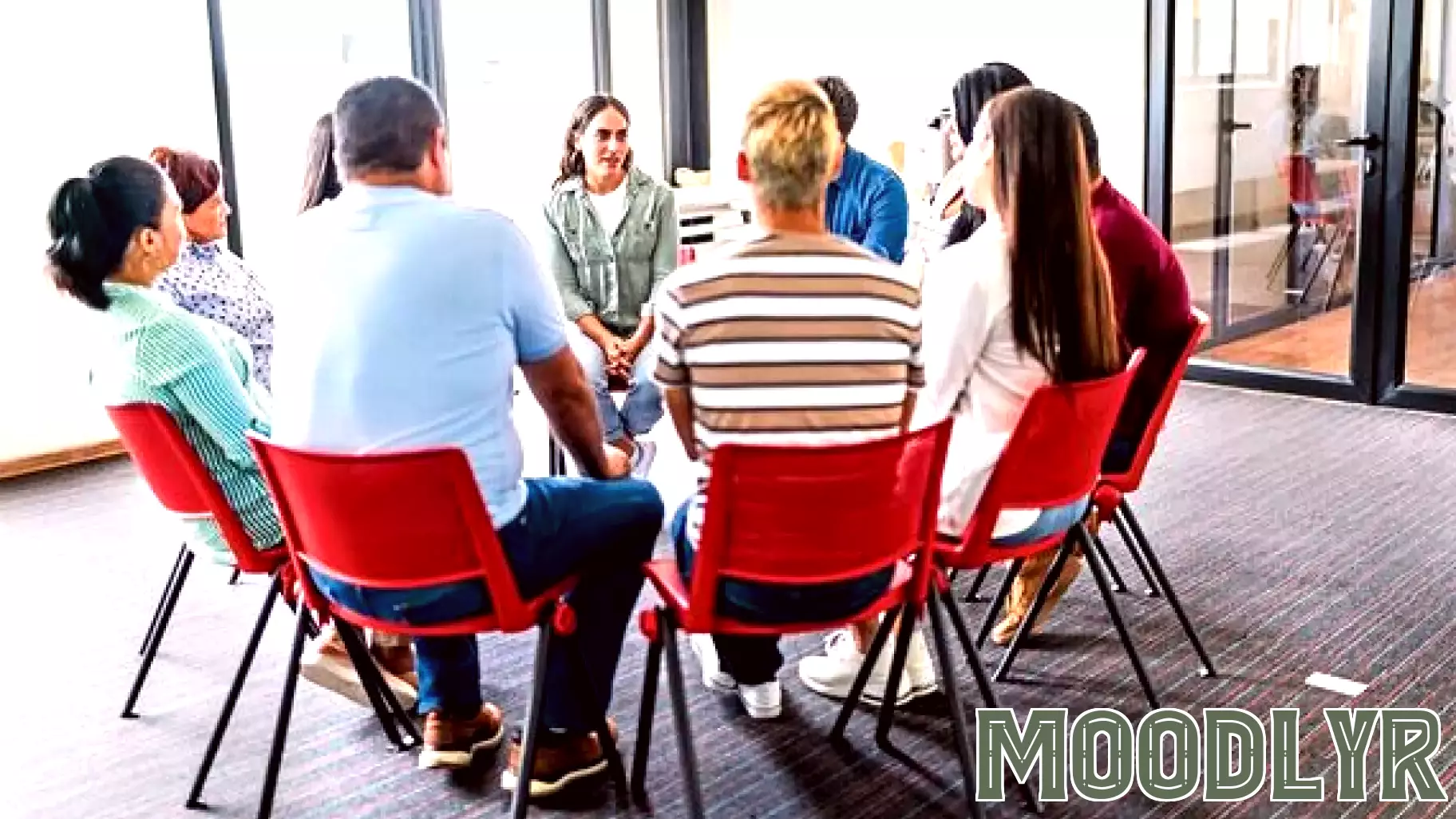Understanding the Concept of Trauma Bonding
February 22, 2025 - 11:59

In recent years, the term "trauma bonding" has gained popularity, often used in casual conversations to describe various emotional connections. However, this oversimplification can dilute the seriousness of the underlying issues. Trauma bonding refers to the strong emotional attachment that can develop between individuals who have experienced intense or traumatic events together, often in abusive or toxic relationships.
This phenomenon is characterized by a cycle of abuse followed by reconciliation, which can create a powerful bond that is difficult to break. Individuals may find themselves feeling a sense of loyalty or attachment to their abuser, complicating their ability to leave the relationship. The misuse of psychological terminology in everyday discussions can lead to misunderstandings about the complexities of emotional health and relationships.
Recognizing the genuine implications of trauma bonding is crucial for fostering a deeper understanding of mental health issues. It is essential to approach such topics with care and accuracy to promote awareness and healing.
MORE NEWS

February 21, 2026 - 02:30
Home Really Is Where the Heart IsThe age-old saying `home is where the heart is` is more than just a sentimental phrase; it is a neurological reality. New research suggests that the profound feeling of home is an idea we...

February 20, 2026 - 05:37
Racist Attitudes Linked To Future Psychological Distress – But Could Both Be Fueled By Something Else?A new research study is challenging the straightforward assumption that holding racist views directly causes future mental health problems. While confirming a link between prejudiced attitudes and...

February 19, 2026 - 04:05
UWM Professor Uses Sport Psychology Research to Solve Real-World ProblemsProfessor Barbara Meyer possesses a uniquely analytical lens that she applies to nearly every situation. Whether she`s guiding Olympic athletes, consulting with a university soccer team, or simply...

February 18, 2026 - 03:25
Why couldn't Ilia Malinin handle the pressure? Sports psychologists offer their thoughtsThe recent performances of top athletes have reignited a crucial conversation within the world of elite sports: the immense psychological burden of competition. While the spotlight often falls on a...